The home appliance circuit safety is the most important support wire installation and maintenance
With the dramatic increase in the standard of living and the increase in the number of home appliances, people's demand for electricity consumption has been increasing, and the use of electric wires has also increased. Although the responsibility of the wire is small, it is an indispensable building material for home decoration. Whether the quality of the wire passes or not is directly related to the circuit safety of home improvement. It is important to know that many fires and electric shocks are caused by the poor quality of electric lines. Therefore, when home decoration, the choice of wire must not be taken lightly.
First, the first step in understanding the wire
Wires are used to transmit (magnetic) energy, information, and wire products that enable electromagnetic energy conversion. When home decoration, the wire is indispensable hidden construction decoration materials. To select the right and high-quality wire products, you first need to understand some of the common sense about wires.
1, the difference between wire and cable
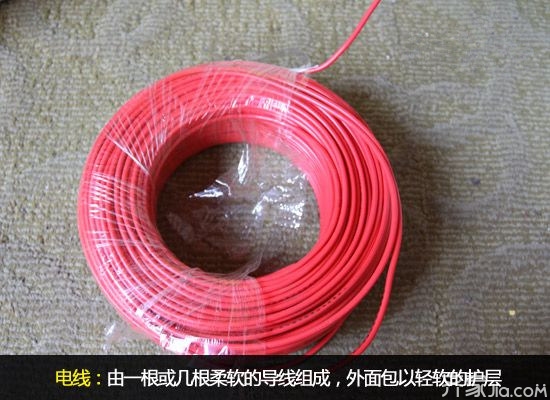
Wires used for circuit decoration are generally referred to as wires and cables. Wires and cables do not have strict boundaries. If it must be distinguished, it is that the wire is made up of one or more soft wires, the outer bread is covered with a light and soft sheath; the cable is composed of one or more insulated wire and covered with metal or rubber. The tough outer layer. Home appliances generally do not need to use cables, wires meet the requirements.
2, home wire classification
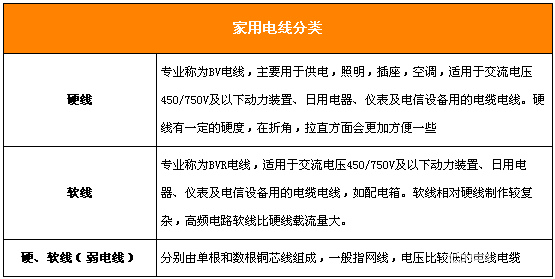
There are various types of wires and they can be divided into many types depending on the use. Household electrical wires have relatively lower functional requirements for electrical wires than other uses such as engineering. Specifically, home appliances have the following classification.
3, the general size of home wire
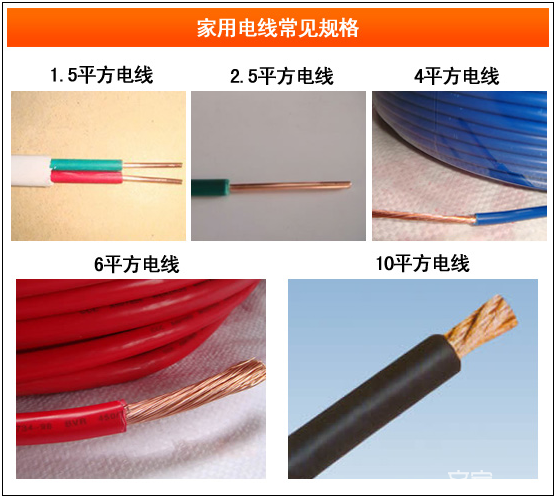
We often hear that the square of the wire refers to the size of the wire. The common dimensions are 1.5 square, 2.5 square, 4 square, 6 square, and 10 square. The square of the wire is square millimeters, which refers to the cross-sectional area of ​​the wire conductor.
Second, be careful with the installation of electricity errors
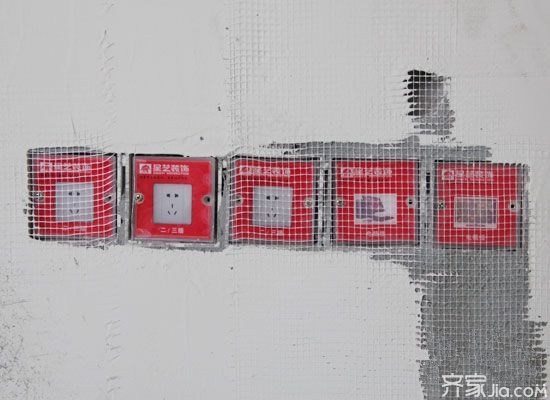
Wires bring light to homes, make life full of fun, and meet the needs of family members. However, in the case of wire installation, if any negligence occurs, it is easy for the home environment to have various safety hazards.
Myth # 1: Strong and Weak Electricity Management
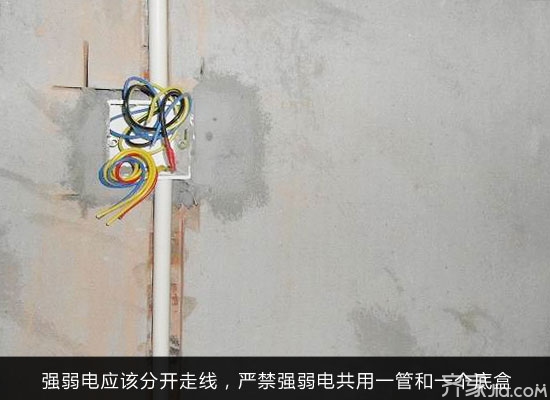
In our homes, AC power is commonly used. Some construction teams directly store all the wires together for the convenience of construction. Power lines, network cables, telephone lines, etc. are all placed in the same bottom so that the lines can be disturbed. The signal is unstable. It will also lay a hidden danger for home fires. The strong and weak electricity should be routed separately. It is strictly forbidden to share one pipe and one bottom box for strong and weak electricity. The parallel distance of strong electricity lines should not be less than 3cm, preferably 50cm, and the crossing must be a right angle.
Myth # 2: Repeated wiring
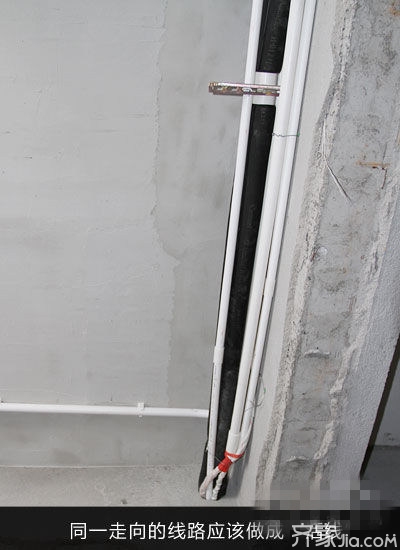
Some construction workers use a pipeline for each line in order to make the pipeline look clearer, so that many pipes are buried inside the wall. In the future, it is difficult to find the location of the problem pipeline or to destroy most of the structures on the wall and the ground in order to find the problem. In general, the line should be made "live", and the same wire should be placed in a pipe without exceeding 40 percent of the line capacity. This is both economical and avoids the trouble of future maintenance.
Myth 3: Wires are buried directly without casing
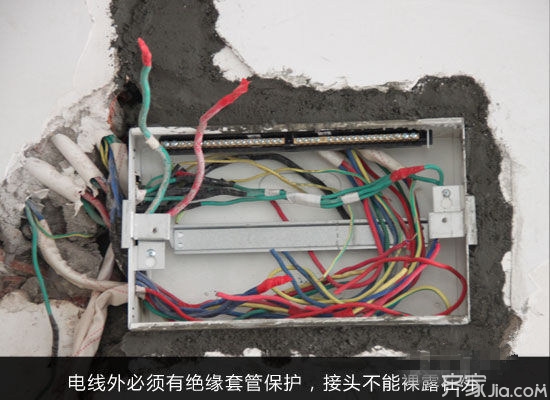
Some irresponsible construction parties will directly bury electric wires in the wall during construction. The wires are not covered with insulating tubes, and the wire connectors are directly exposed. This can easily cause safety hazards and is a typical phenomenon of cutting corners. In the future life, the wires are lack of protection, they are easily bitten by rats or receive external damage, and the wires are short-circuited. The specification of the laying of wires is clear and there must be protection of the insulation sleeve outside the wires. The joints cannot be exposed. Therefore, at the time of construction supervision, the owner must supervise whether the construction party is constructing as required.
Misunderstanding 4: free installation of outlet conductors
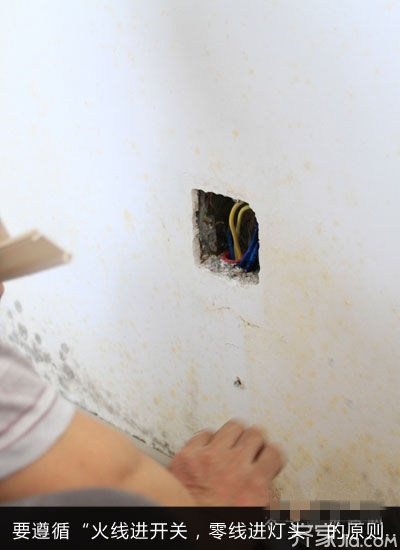
Power conductors must use a copper cross-section. If you live in an old house, you must replace the original aluminum wire with a copper wire. Because the aluminum wire is easily oxidized, it is easy to light the joint. There have been investigations showing that the incidence of electrical fires in residential buildings using aluminum wires is several dozen times that of copper wires. In addition, many families will use slotting and dark pipe laying for aesthetic reasons. When wiring, they must follow the principle of “into the fire line, zero line into the lamp†principle, but also set leakage protection device on the socket.
Wire and cable purchase
Putty Knife,Angled Putty Knife,Anvil Putty Knife,Putty Knife Scraper
Laizhou Chenke trading Co., Ltd. , https://www.chenkegroup.com